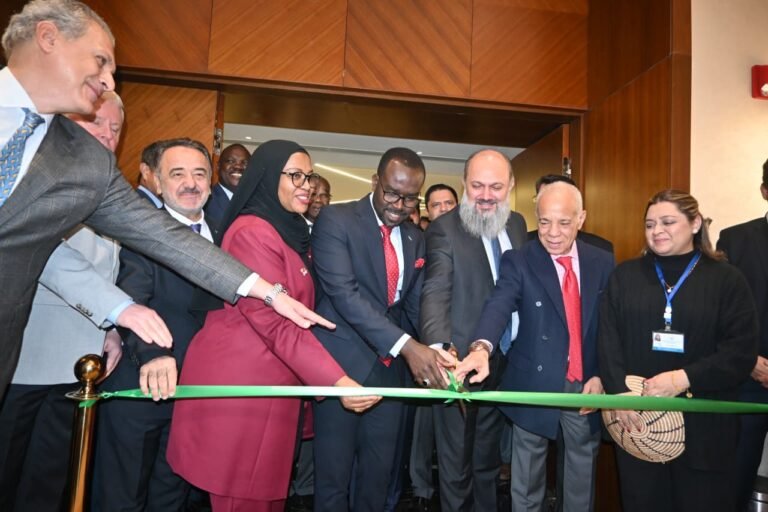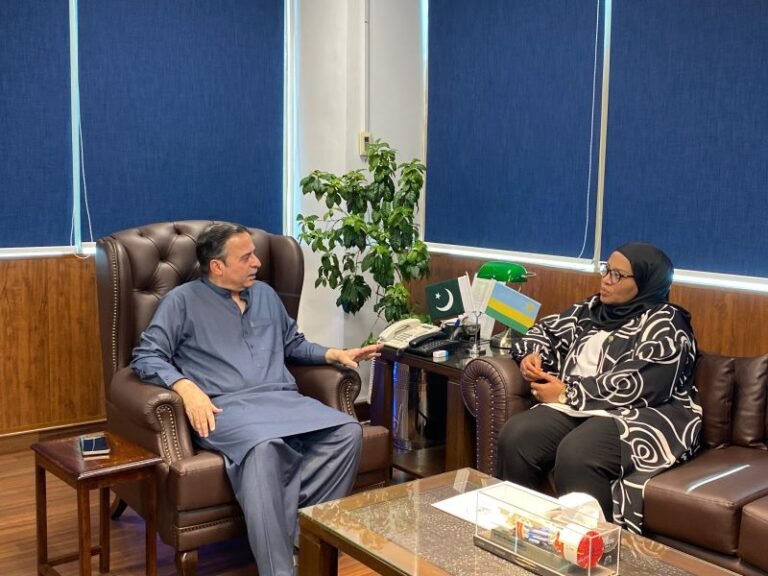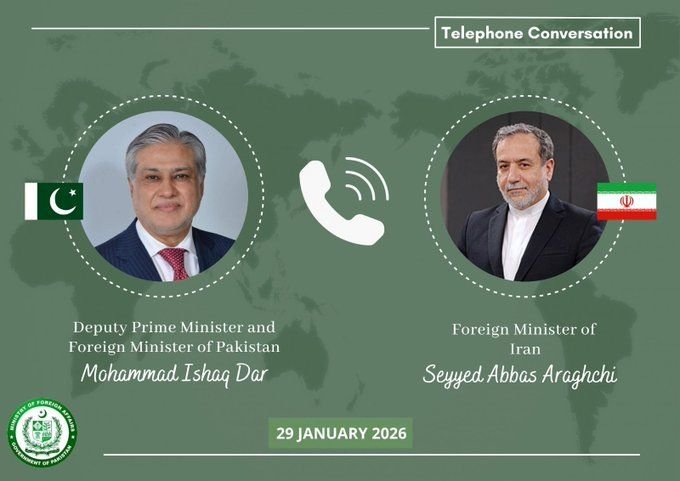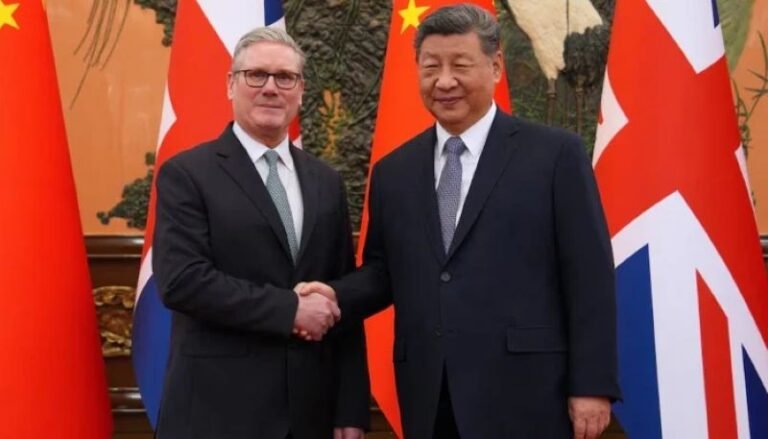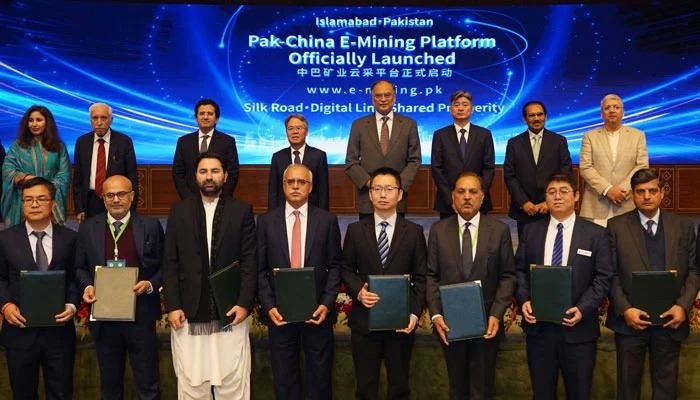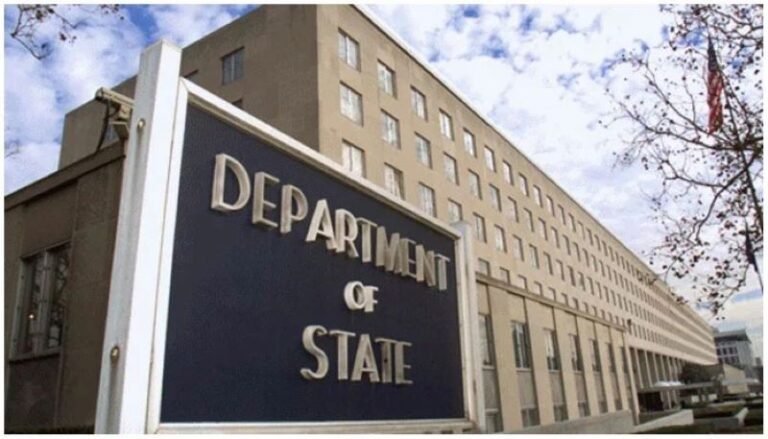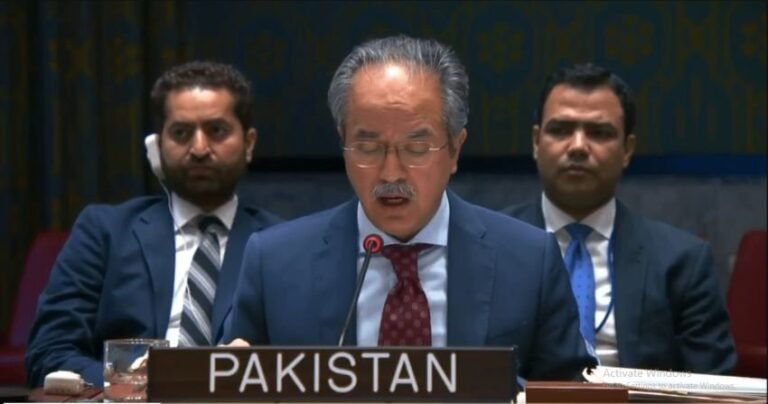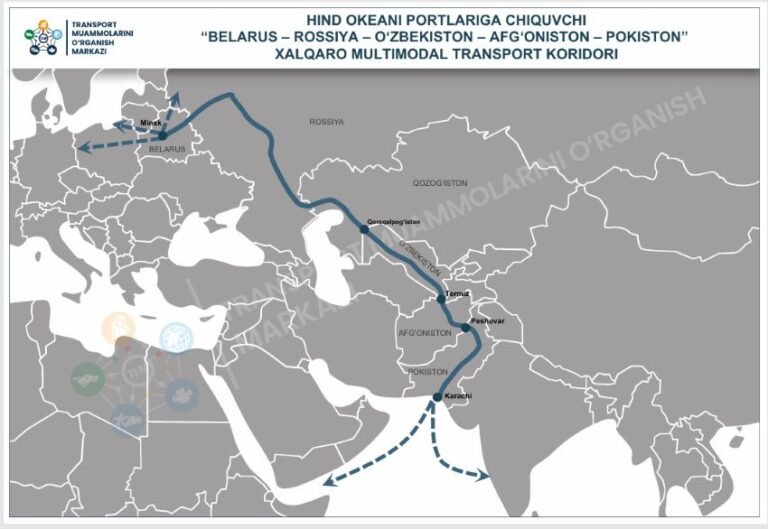Tashkent (TDI): A unified electricity trade platform is being developed for Central Asia, with Uzbekistan leading the initiative, announced Deputy Minister for Energy Umid Mamadaminov at the European Economic Days in Tashkent.
Supported by the World Bank and other partners, the platform aims to enhance regional energy integration, particularly for renewable sources.
Mamadaminov highlighted the critical need for robust infrastructure, including at least 5,000 km of high-voltage power lines (500 kV and 200 kV) and substations, to incorporate wind and solar energy into the grid.
Of this, 2,000 km of power lines are slated for construction within the next two years.
To further stabilize the grid, contracts for over 2,000 MW of energy storage systems have been signed, with a cumulative 400 MW capacity.
Also Read: Central Asia, South Korea Expand Cooperation
This will enable the grid to adapt swiftly to fluctuations in solar output, supporting an anticipated 4,000 MW of basic capacity over the next two years.
Automation is essential for integrating renewables, Mamadaminov noted, as it remains a challenge in managing grid operations effectively.
He also outlined Uzbekistan’s broader energy reforms, including regulatory updates and a modernization plan introduced by the Cabinet of Ministers this year.
Also Read: China-Central Asia Forum Seals $1.57 Bln in Cooperation Deals
Currently dependent on fossil fuels for electricity generation, Uzbekistan is targeting 25% renewable energy in its grid by 2030. Plans include 8 GW of solar and wind power, an increase in hydroelectric capacity to 1.935 GW, and the development of biogas from organic waste to support its renewable energy transition.
Farkhund Yousafzai is an Associate Editor at The Diplomatic Insight.
- Farkhund Yousafzai
- Farkhund Yousafzai
- Farkhund Yousafzai
- Farkhund Yousafzai



